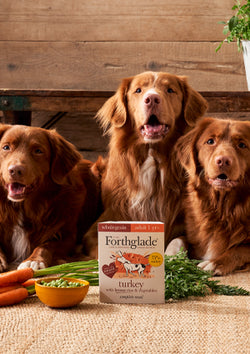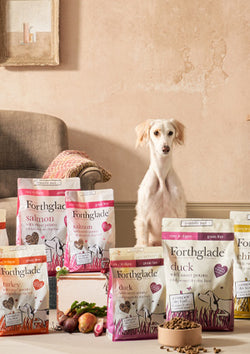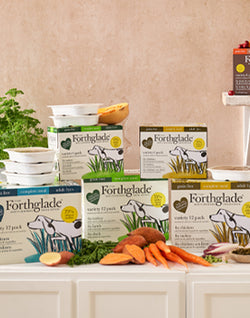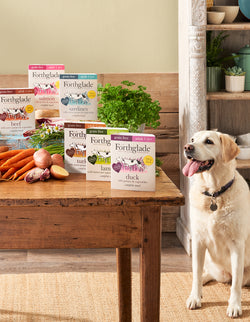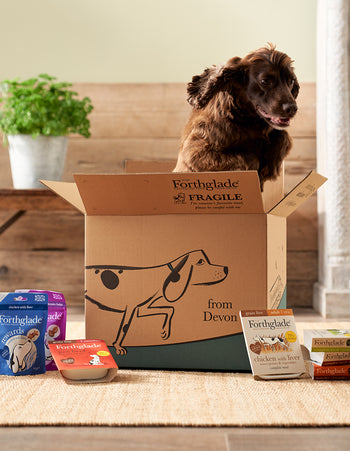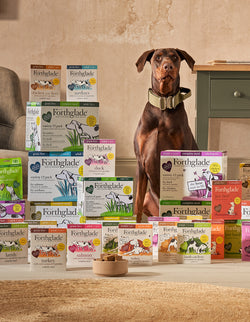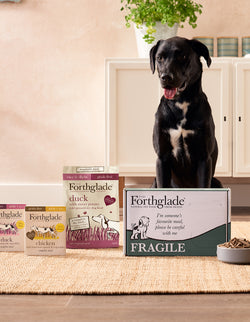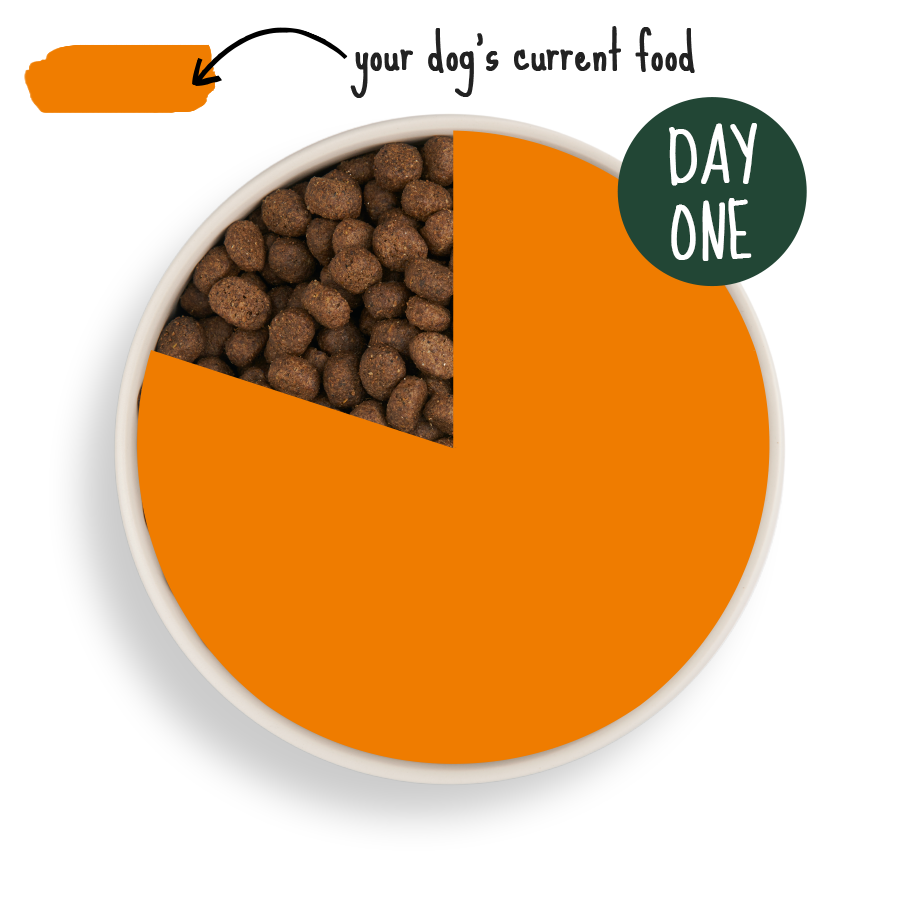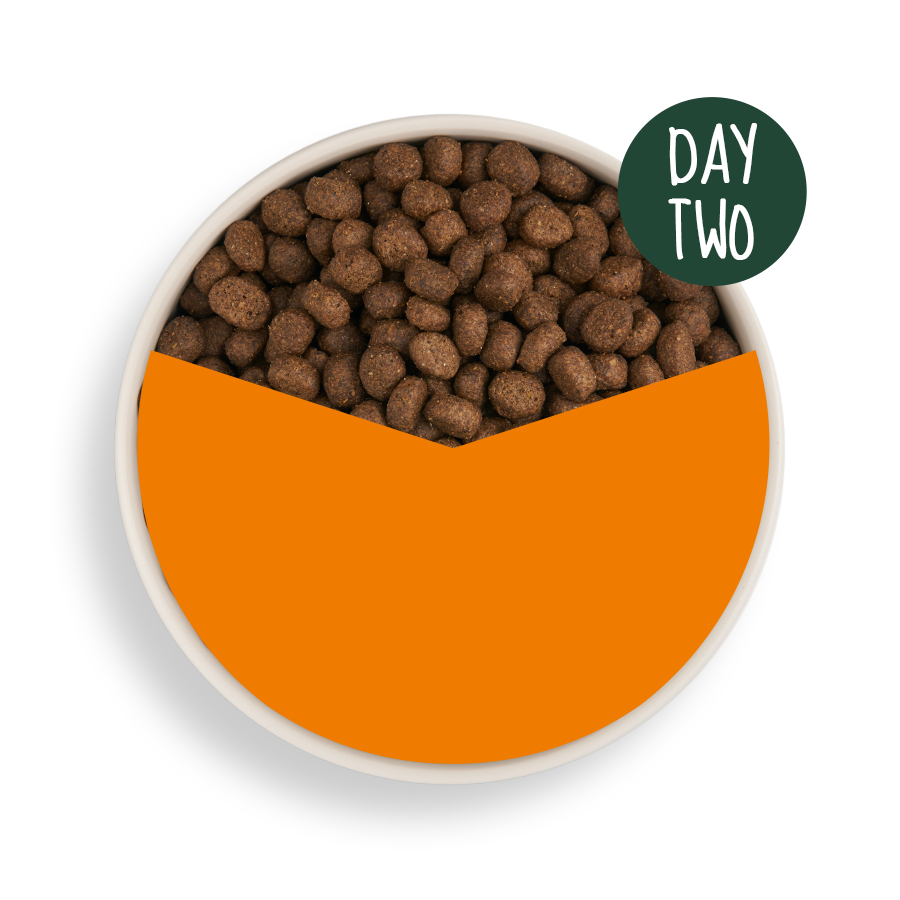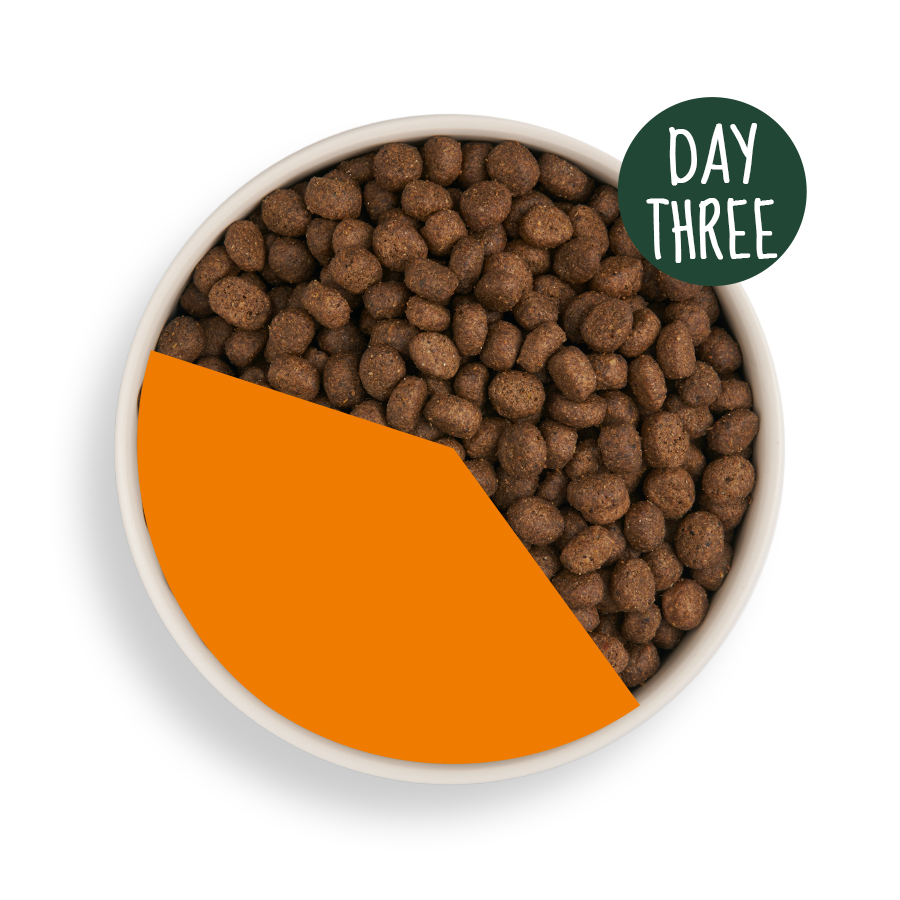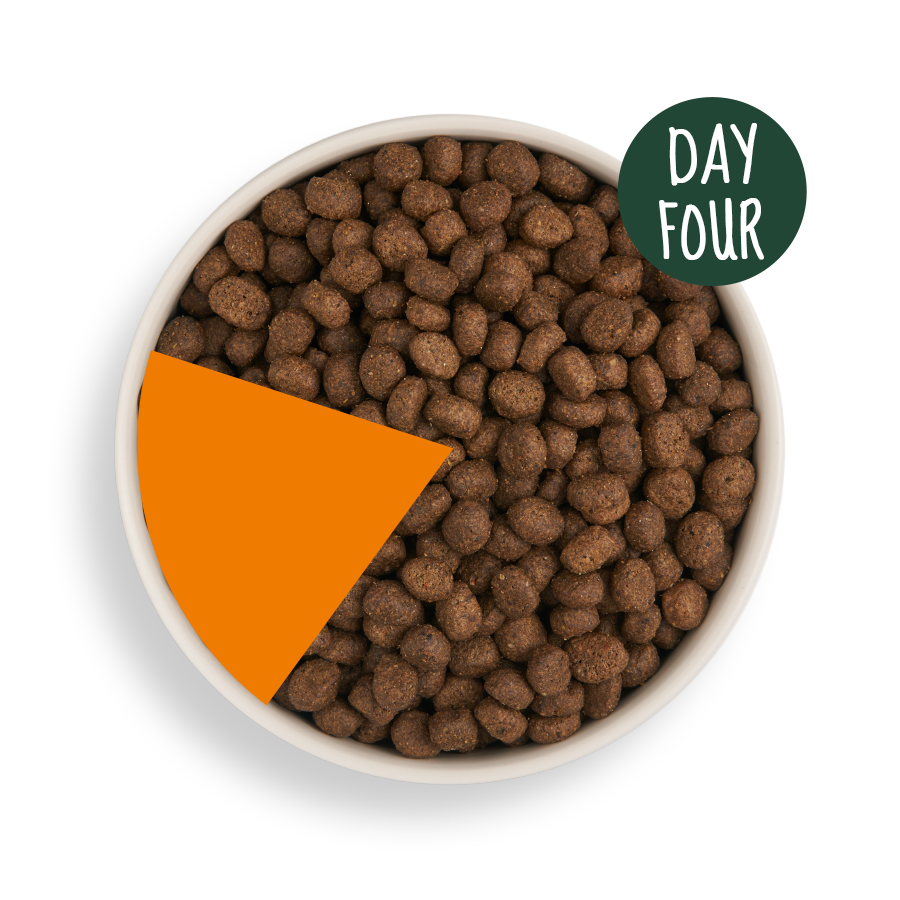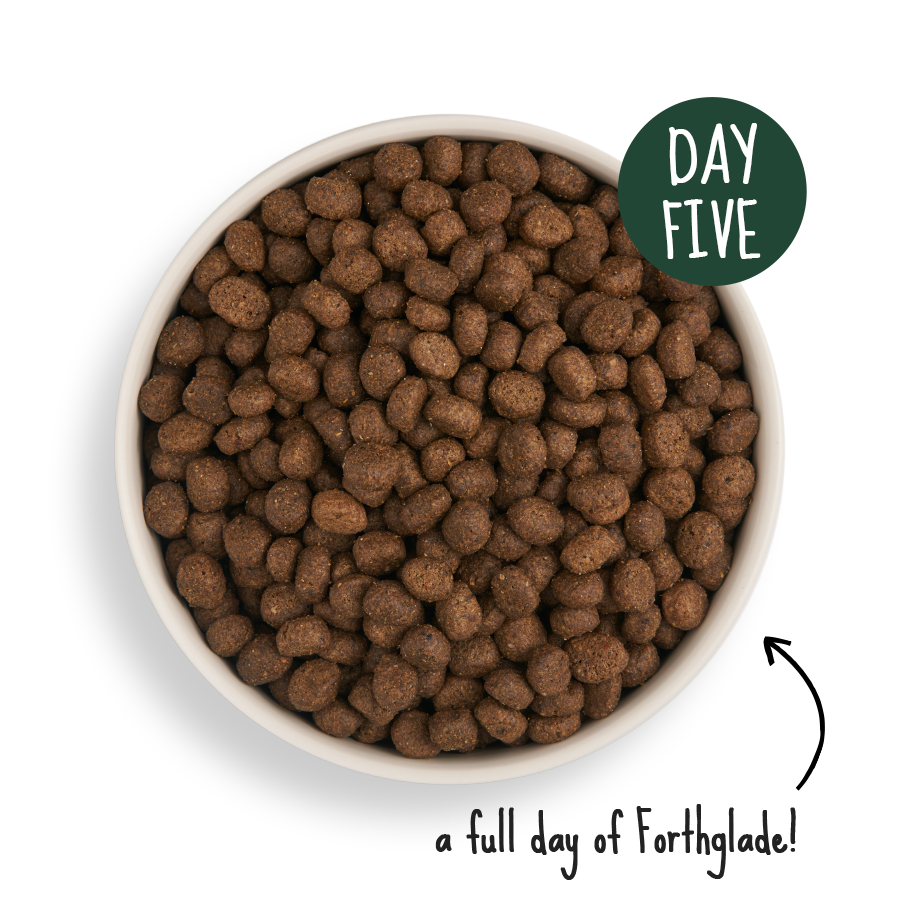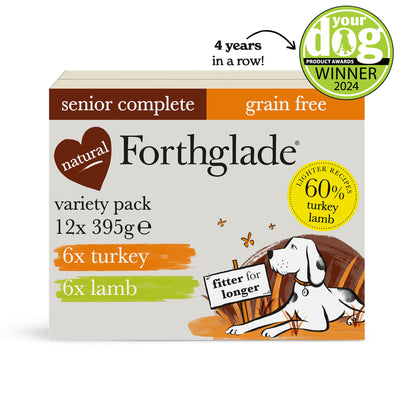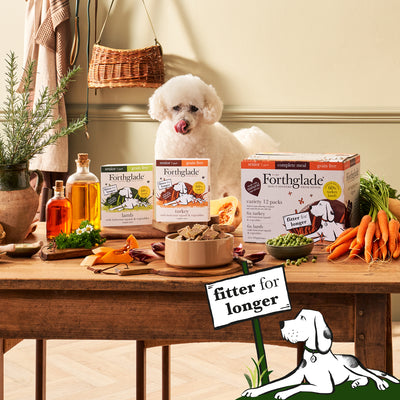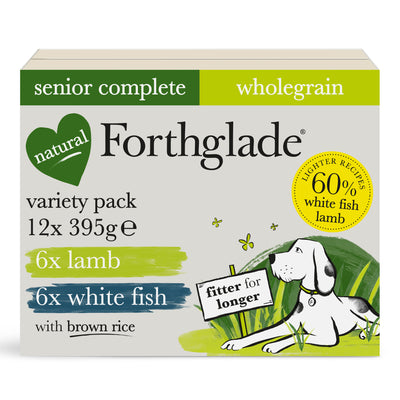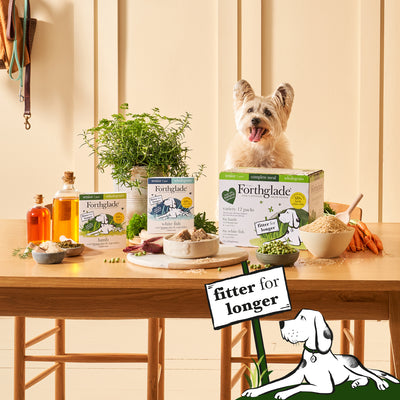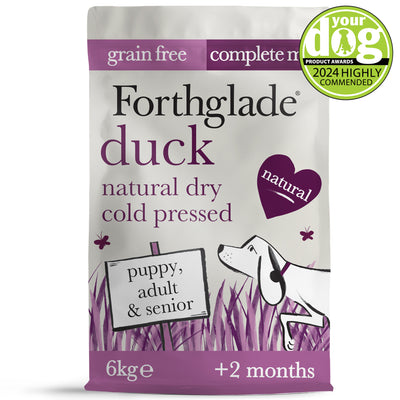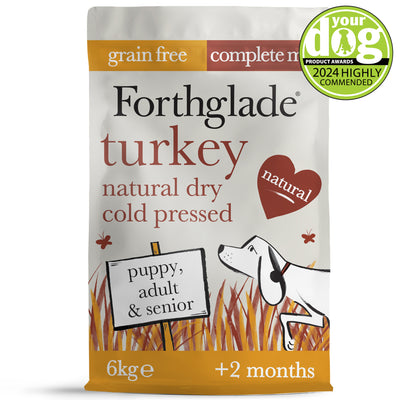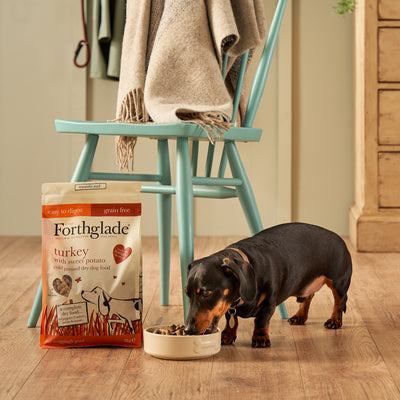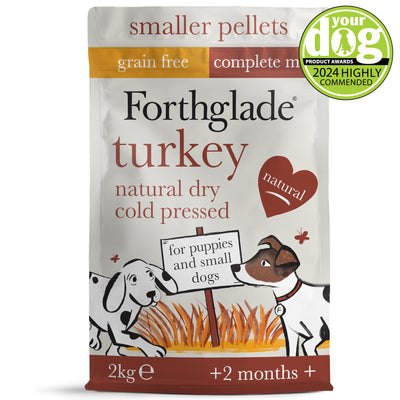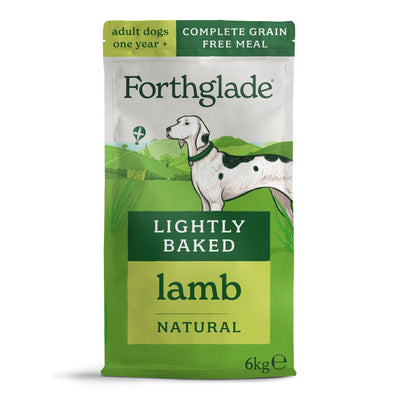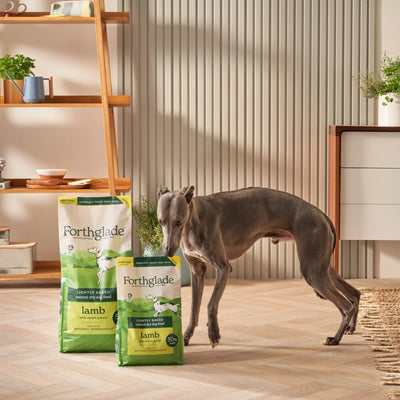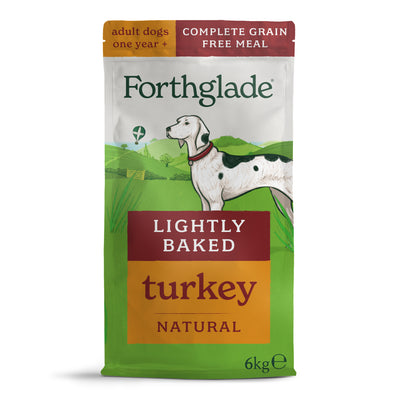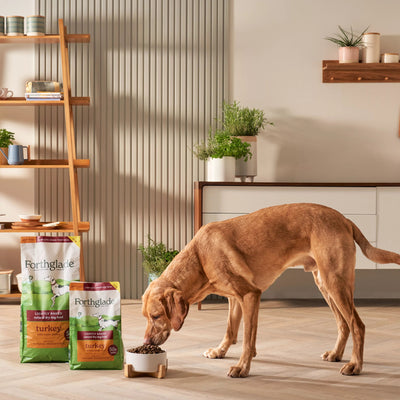As our furry companions age, their dietary needs change significantly. Knowing what age should you switch to senior dog food can help ensure your dog maintains optimal health in their golden years, there’s no reason an older dog should reduce its zest for life! In this guide, we’ll explore the best practices for transitioning your dog to a senior diet and highlight the unique benefits of tailored senior dog food.
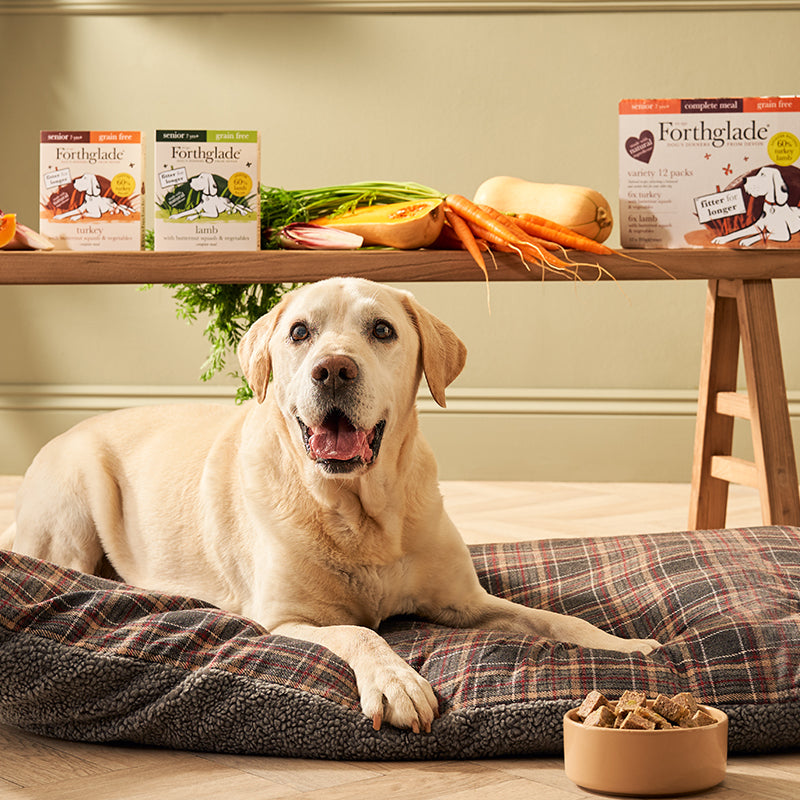
What Age Should You Switch to Senior Dog Food?

What Age is a Senior Dog?
All dogs are different so there’s no blanket answer. It depends on factors ranging from breed, size, lifestyle and in some cases any medical conditions. Older dogs may need to slow down a little, as clearly they’re not as robust as their younger peers. But remember, because so many factors vary, it’s worth asking your vet for advice on what needs are required medically first.

What Age Should You Switch to Senior Dog Food?
As a general guideline, many pet owners can consider switching to senior dog food when their dog reaches the senior age bracket for their breed. For large breeds, this is typically around 6-7 years, whereas for smaller breeds, it might be closer to 9-10 years. However the more a dog has been bred to certain aesthetics, the lower its lifespan. A medium-sized French bulldog or a small pug may live only until about 11 or 12 years. This is because of their highly bred flat faces.
What is the Difference Between Senior Dog Food and Regular Food?
Senior dog food is formulated specifically to meet the nutritional needs of ageing dogs. Key differences include lower calorie content, adjusted protein levels, and added joint-supporting ingredients like glucosamine and chondroitin. Forthglade’s senior recipes are crafted with natural ingredients that are gentle on your dog’s digestive system while providing all the essential nutrients they need. Explore our natural dog food options for a wholesome choice for your senior pet.

Does Senior Dog Food Have More or Less Calories?
Senior dog food typically has fewer calories than regular adult dog food. As dogs age, their metabolism slows, and they may become less active. Lower-calorie options can help prevent obesity, which is a common issue in older dogs, while still providing the necessary nutrients for their health.

Can a Senior Dog Eat Puppy Food?
While a senior dog can technically eat puppy food, it's not recommended. Puppy food is designed for growth and development, containing higher levels of calories and nutrients that older dogs may not require. A senior-specific diet is better suited to meet the nutritional needs of aging dogs, promoting their overall well-being.
Is Senior Dog Food Necessary?
Transitioning to senior dog food isn’t just a trend; it’s often necessary for maintaining health as dogs age. While some dogs may do well on regular adult food for a time, switching to a senior formula can help address the specific needs of older dogs, promoting longevity and a better quality of life.
Benefits of Feeding Senior Dog Food

Improved joint health:
There are lots of added vitamins and minerals, helping your dog stay fitter for longer. Salmon oil delivers omega 3, which helps maintain cognitive function. Higher levels of chondroitin and glucosamine help support joints and bones.

Better weight management:
Our senior dog food recipe is lighter, with 60% protein compared with our standard adult equivalent. We add butternut squash, which has a low-energy density, is high in antioxidants and great for your dog’s digestion.

Enhanced digestion:
Our grain-free recipe is even easier to digest, which is ideal for sensitive tummies. We also add chicory root extract – a prebiotic that helps your older dog maintain a healthy digestion.
Which Conditions Can Senior Dog Food Help?

Arthritis:
Arthritis may affect your dog’s joints as they get older. Senior dog food with added glucosamine and salmon oil can help alleviate the pain of stiff, aching joints, enabling your dog to get around more easily.

Skin Issues:
An older dog may start to lose their fur or develop skin complaints. A senior dog food with higher levels of omega 3 will promote supple skin and a glossy coat as well as helping to manage auto-immune conditions.

Obesity:
As dogs age their metabolism slows making them susceptible to obesity and the many health issues that obesity can contribute to. Senior recipes reduce your dogs calorie intake.
Conclusion
Now you know what to look out for, browse our all-natural, delicious and healthy range of senior dog food to help work out what’s best to keep a spring in your older dog’s step.
Checkout Forthglade's senior range -
- Choosing a selection results in a full page refresh.

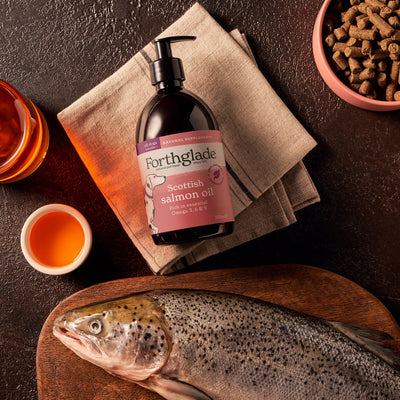


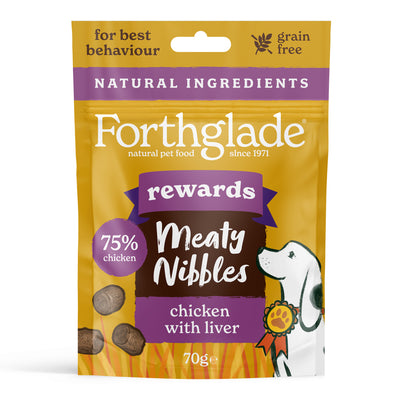







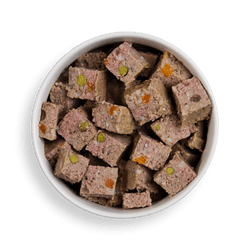

 Over 7,339 5* Reviews
Over 7,339 5* Reviews
 Established since 1971 - Made in Devon!
Established since 1971 - Made in Devon!



